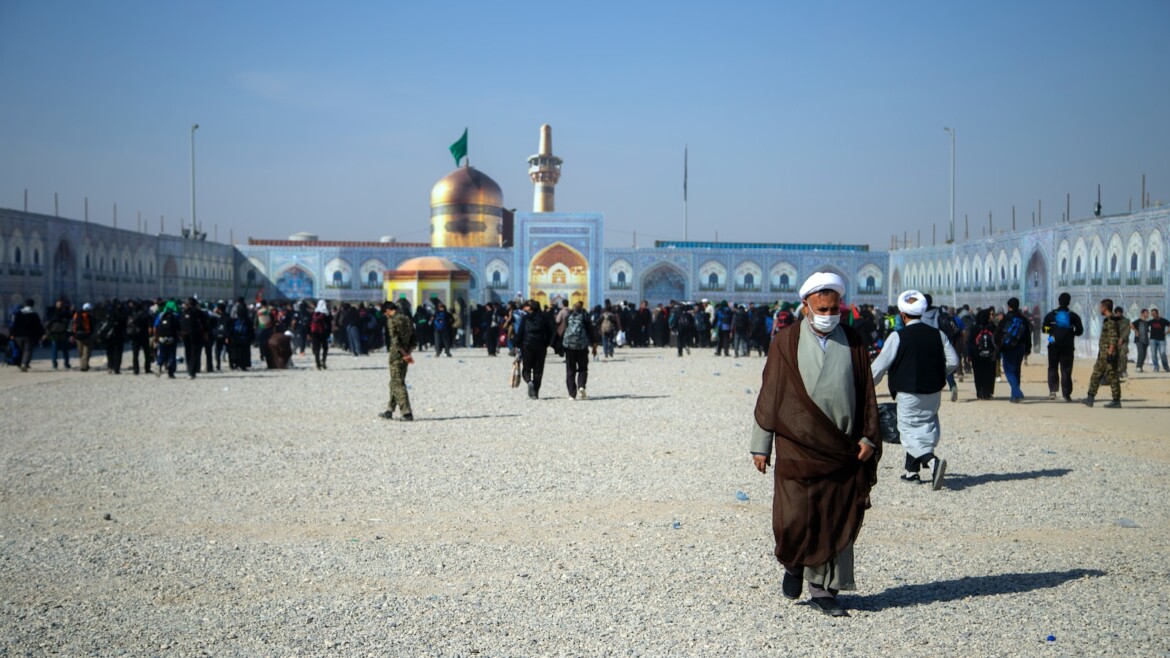Rajab 28 in the Islamic calendar is believed to be the day when Imam Hussain ibn Ali, the grandson of the Prophet Muhammad, departed from Medina. This departure took place in the year 680 AD (60 AH). Imam Hussain’s decision to leave Medina was motivated by his refusal to pledge allegiance to Yazid ibn Mu’awiya, who had recently become the caliph after the death of his father, Mu’awiya ibn Abi Sufyan.
After the passing of his father, Imam Ali ibn Abi Talib, and his brother, Imam Hasan ibn Ali, Imam Hussain was regarded as the rightful leader by many in the Muslim community, especially among the followers of the Ahl al-Bayt (the family of the Prophet Muhammad). However, Yazid, the new Umayyad caliph, represented a regime known for its tyranny and corruption, and Imam Hussain considered him unfit for the position of leadership within the Islamic realm.
Imam Hussain’s departure from Medina was not an act of rebellion or an attempt to seize power. Rather, it was a principled stance to avoid legitimizing the oppressive rule of Yazid through an oath of allegiance. He did not wish to endorse a ruler whose actions were contradictory to the values of justice, ethics, and piety upheld by Islam.
After leaving Medina, Imam Hussain traveled to Mecca, where he received letters of support from people in Kufa, Iraq, inviting him to lead a movement against the unjust rule of Yazid. These letters played a significant role in shaping the events that led to the Battle of Karbala, where Imam Hussain and his small group of companions faced the Umayyad army, ultimately leading to their martyrdom on the day of Ashura.
The departure of Imam Hussain from Medina and the subsequent events of Karbala have had a profound impact on the history of Islam, particularly for the Shia Muslim community. The martyrdom of Imam Hussain and his companions has become a symbol of resistance against oppression and a reminder of the importance of standing up for justice and truth, even in the face of great adversity. Each year, during the month of Muharram, Muslims worldwide mourn the tragedy of Karbala and commemorate the sacrifices made by Imam Hussain and his followers.

